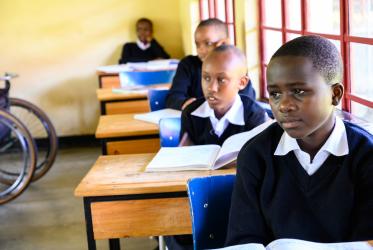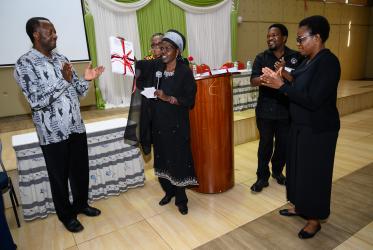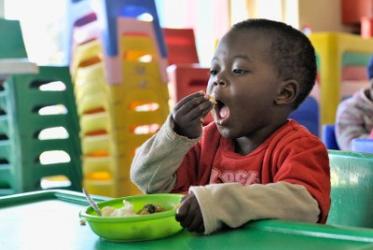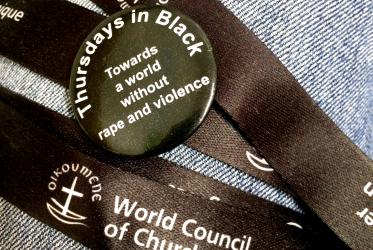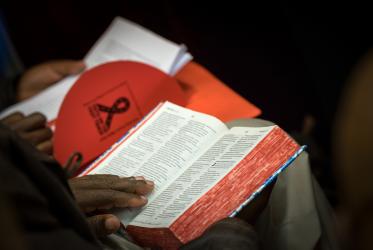Displaying 21 - 40 of 60
Kenya schools invest in young people to end new HIV infections
18 September 2019
Mission and people with disabilities
26 June 2019
Faith and HIV treatment go hand in hand
06 March 2019
In Kenya, issues of young people come to the forefront
19 October 2018
Konrad Raiser shares ecumenical journey of transformation
06 February 2018
“God has brought ways of defeating HIV”
31 October 2017
UN discussion focuses on women, HIV and property rights
21 March 2017
East African communities discuss disability, theology
17 November 2016
Bible study gives hope as youth reflect on HIV
02 November 2016

